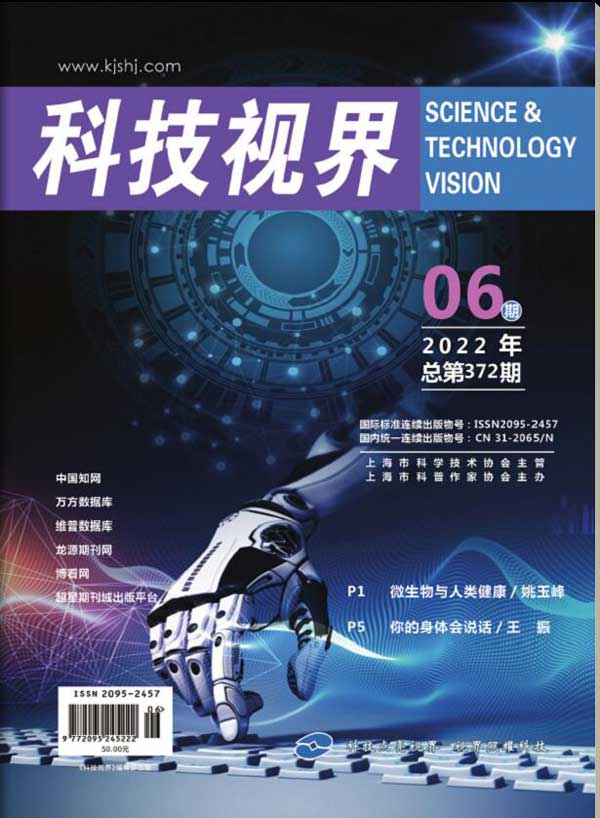用一个辅助变量的两次连续抽样估计当前总体均值
引用次数: 0
摘要
在本研究中,采用两次连续抽样的比率-回归估计器,仅使用匹配部分和一个辅助变量来确定总体均值的当前估计值,这两种情况下都可用。所使用的数据基于米佐拉姆邦村庄女工总数,米佐拉姆邦村庄识字女性总数作为辅助变量。数据来自2001年和2011年的印度人口普查。将组合比率回归和比率估计器的最佳均方误差与(i)链式比率估计器的最佳均方误差(ii)单位平均估计器和(iii)在任何场合不使用辅助信息时的组合估计器进行了比较。结果表明,比值回归和比值估计相结合的方法比其他三种估计方法更有效。本文章由计算机程序翻译,如有差异,请以英文原文为准。
Estimation of current population mean using two-occasion successive sampling with one auxiliary variable
In this study, two-occasion successive sampling for ratio-to-regression estimator was used to determine the current estimate of the population mean using only the matched part and one auxiliary variable, which is available on both the occasions. The data used were based on the total number of female workers in villages in Mizoram with the total number of literate female in villages in Mizoram as an auxiliary variables. The data were gotten from Census of India 2001 and 2011. The optimum mean square error of the combined ratio-to-regression and ratio estimator has been compared with (i) the optimum mean square error of the chain-type ratio estimator (ii) mean per unit estimator and (iii) combined estimator when no auxiliary information is used at any occasion. This result showed that the combined ratio-to-regression and ratio estimator is more efficient than the other three existing estimators.
求助全文
通过发布文献求助,成功后即可免费获取论文全文。
去求助
来源期刊
自引率
0.00%
发文量
59577
期刊介绍:
Science & Technology Vision is a science and technology journal supervised by the Shanghai Association for Science and Technology and sponsored by the Shanghai Science Writers Association. It takes grassroots science and education workers as readers, popularizes scientific knowledge, tracks hot issues in science and technology at home and abroad, pays attention to new developments, new technologies, and new achievements in the forefront of the science and technology community, adheres to the combination of theory and practice, popularization and exploration, integrates scientificity, knowledge, academicity, and foresight, and builds a platform and theoretical position for academic debate for the majority of science and technology workers. Science & Technology Vision has been fully included in "China National Knowledge Infrastructure", "Chinese Science and Technology Journal (VIP) Database", "Longyuan Journal Network", "Education Reading Network", and "Wanfang Database".

 求助内容:
求助内容: 应助结果提醒方式:
应助结果提醒方式:


